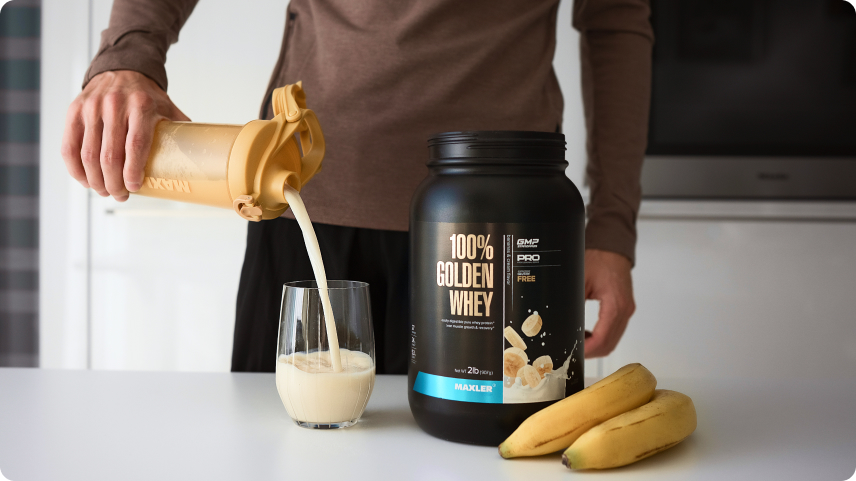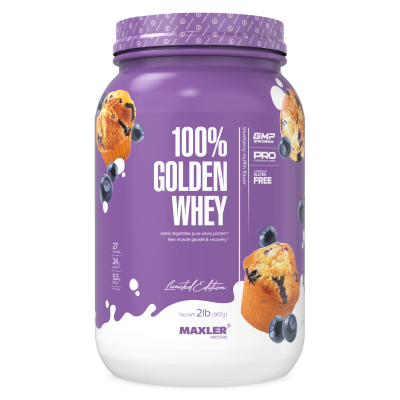Weight loss can be a confusing and tough journey, so it helps to have a starting point with all possible options.
What does successful weight loss require?
A review of 67 recent papers has suggested that for a significant safe loss, you need common factors1. These included:
- An energy deficit, usually obtained by reducing fat intake;
- Increased consumption of dietary fibre;
- Exercise;
- Behaviour training.
What is an energy deficit?
An energy deficit occurs if you do not eat as many calories as you burn during the day. Since your body needs to replenish energy, it relies on metabolising macronutrients into energy2.
We lose energy in three main ways.
The first is through carrying out processes that help us stay alive. This takes up about 2/3 of what you use in a day. It varies significantly from person to person, of up to about 250 kcal/day regardless of body composition3.
The second is through digesting and metabolising food4.
The third is through exercise, sports and daily activities like fidgeting5.
The third, and most important thing is that your biology is working against you when you’re losing weight. It may sound disheartening, but our bodies are biologically better at gaining weight, instead of losing it6. The hormones involved in satiety and appetite control change significantly over a diet and stimulate appetite, causing people to quickly gain back the weight they lost7. It is therefore important to develop a habit out of your dietary changes and a support system throughout the process.
Use a calculator like the Body Weight Planner from the National Institute of Health for an approximation of your energy needs. Subtract up to 500 calories from it to get your new calorie requirement for shedding pounds.
To lose weight in a healthy way while getting enough nutrients, do not consume less than 1200 calories if you’re a woman and no less than 1500 calories a day if you’re a man, unless under medical supervision8.
Changing what you eat
While exercise is a superb way to use energy , the easiest way to create an energy deficit is by rethinking nutrition. But, remember to exercise – you’ll lose fat instead of muscle and it helps you stay healthy9.
There are many popular diets, however an optimal diet does not exist. You should make sure that your diet allows you to include familiar foods you won’t get tired of. There’s no point in trying to overhaul your nutrition plan and rely on things like quinoa if you don’t enjoy them. Doing so can make you overwhelmed and may urge you to look towards comfort foods. You should prioritise foods which have large volumes with little calories, like vegetables do10.
We will summarise most popular dietary approaches so you can evaluate which approach might be the optimal choice for you.
Cutting down on calories
These diets work because they reduce your intake by 500-750 calories a day. They split your energy requirements as follows: 30% from fats, 50% from carbs and 20% from protein. These diets recommend cutting on unsaturated fats and boost intake of fibre foods, like vegetables11.
Low calories diets cause a quick loss of weight at the start, but challenging to sustain. They also cause varied responses in different people12.
Lowering the energy rich fats
Limiting fat doesn’t seem better than other approaches. They elicit similar responses as other approaches do, if all diets lead to people getting enough key nutrients13. This means getting little saturated fat, eating less foods with a high glycaemic index, and more fibre-rich foods14.
Low carbohydrate diets
The keto diet is a low-carb diet which has become popular. It limits carb intake to 30g of carbohydrates per day15. This is a challenging diet to stick to, and there are concerns that the large amount of fat eaten increases “bad” cholesterol16.
Studies have found these may work best for those looking at quick solutions and for those with diabetes. However, it’s challenging to say if the benefits outdo the downsides. These have not been studied for longer than a year, and we don’t know if there are any long-term effects17.
Increasing protein, shedding pounds
Another approach can be using protein to get 20-30% of your energy requirements18. These diets keep you fuller, increase sensitivity to insulin, prevent loss of lean muscle and also boost metabolism19.
However, high protein diets have mixed results when used for longer than 6 months. Pay attention to eating complete protein, containing all essential amino acids. Watch the saturated fats20.
What about something ready made?
Formula diets consist of pre-packaged food replacements offering only around 800-1200 calories. The food provided by a formula diet is usually low in carbs and full of nutrients to keep you healthy21.
These diets can help you shed around 10-20kg in about 2-3 months22.
You should only use this diet for a limited time, no longer than 12 weeks, and while a doctor supervises you. It’s important that those that choose this diet receive professional support23.
Mediterranean diet
The Mediterranean diet consists of eating a lot of plant foods and olive oil, eating some fish, seafood, and dairy, and limiting red meat and meat products24. The Mediterranean diet tends to help lose weight initially, but also keep more weight off in the long term25.
The Mediterranean diet is beneficial for heart health and has plenty of other overall health benefits26. However, this diet has not yet been tested on diverse populations or as a long-term weight loss diet27.
<>Intermittent diets
Intermittent diets have become popular with the rise in popularity of intermittent fasting. People using an intermittent diet alternate between periods when they don’t eat at all and periods when they are free to eat whatever they like28.
There are many variants of intermittent diets. The most studied versions are when people restrict the amount they eat for two consecutive days a week, restrict their food intake by 60-70% every other day or completely fast on alternate days29. These diets achieve similar results to low-calorie diets in overweight or obese patients in the short-term30.
Long-term effects of following this diet have not been uncovered31. These are highly stressful diets, and they may lead to effects we don’t yet know about when used in the long-term32.
Overall tips
Each person is unique, and like them, the diet that they chose will depend on a lot of factors, like your food habits, the speed at which you want to lose weight, and your lifestyle. It’s therefore important to be open-minded with your weight-loss approaches and understand that this is a process that requires time, patience, and experimentation.
However, there are some overall tips that may kickstart your journey as you figure out your path:
- Get more protein at breakfast – you’ll feel fuller during the day33.
- Upping your protein intake helps to preserve your muscles. If you’re looking to increase your protein levels, consider supplementing protein in the form of a protein shake. Maxler 100% Golden Whey can provide a great protein boost with 24g of protein per serving.
- Avoid sugary drinks – they may be associated with increased body weight34.
- Ensure you’re getting enough fibre – it keeps you fuller35.
- Ensure you’re getting enough vitamins – getting enough vitamins is essential for a healthy lifestyle. A study has shown that men who take a multivitamin supplement have a lower body weight, while women taking the supplement report lower hunger scores. Try Maxler Daily Max Men or Daily Max Women – these formulas contain vitamins and minerals with some additional nutrients that ensure you’re getting your daily micronutrient needs met.










